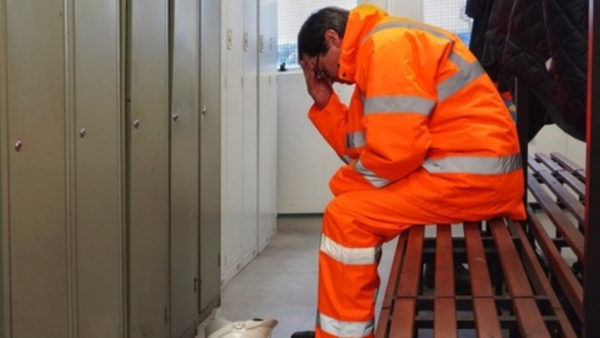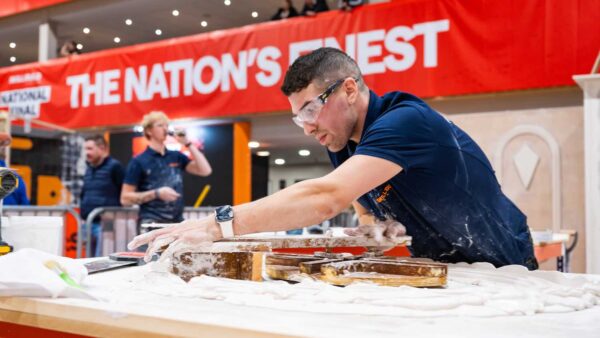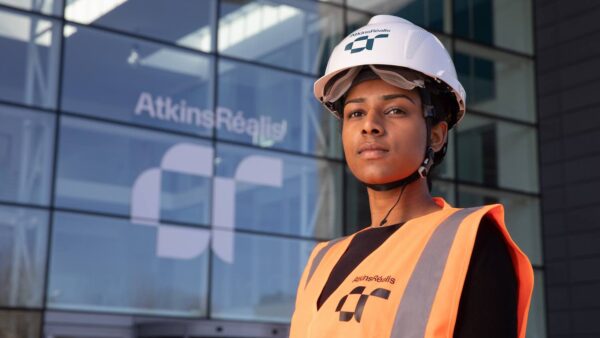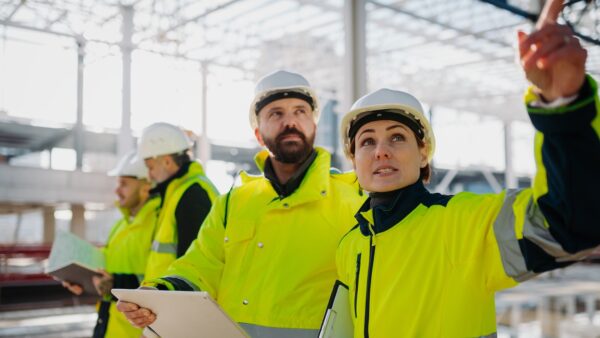Marek Suchocki, infrastructure engagement lead at Autodesk, has seen the digital evolution from the beginning. He tells CM how he has loved being a ‘change agent’.
What made you go into construction?
Unfortunately careers advice at my school was not strong on construction or civil engineering. This meant I had to research different courses for myself as I wasn’t sure what I wanted to do. My UCAS application included civil engineering, engineering, polymer chemistry and even hotel management.
It was a very positive experience visiting the University of Surrey’s Civil Engineering department – convinced me that this was the right course for me. It has led to a varied and flexible career that overlapped with a technology revolution and set the framework for my professional journey.
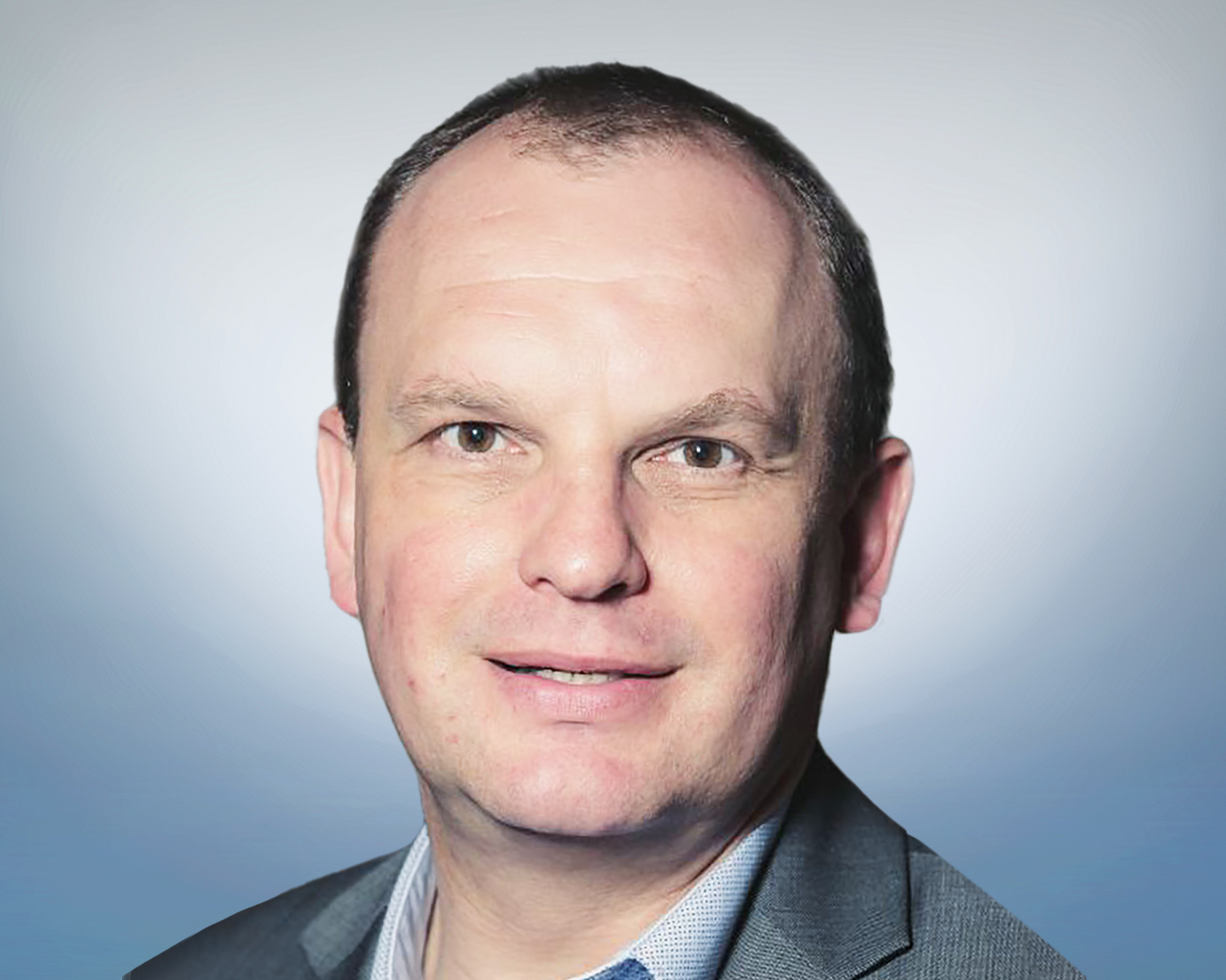
What do you remember from your first project?
I did a summer job between my first and second years at university on an office project in Bristol. I was still a little uncertain about my choice of degree, but after this three-month project I was convinced.
The complexity of constructing a large building in a city centre, working with people at many different levels, constructing with ‘big’ materials such as steel, concrete or brickwork and coping with uncertain weather, proved an attraction not a deterrent. Also seeing the building rise from the ground with weekly or, at times, daily progress was addictive.
What advice would you give someone starting in construction?
Be prepared to evolve. The industry is multi-faceted, with opportunities to work in many different roles, on a range and scale of projects in many locations. The potential of digital, modern methods of construction and meeting environmental challenges means we are all able to grow what we do and the impact we can have.
What one thing would you change to make careers in construction more appealing?
Ensuring school careers advisers are more informed about what the sector offers. Our industry offers a huge range of rewarding and enjoyable careers for all, irrespective of academic capability, gender or physical size and strength.
What has changed the most about construction since you’ve been working in it?
The continuous influence digital technologies offer the industry. I entered the sector during the early years of CAD, which has been augmented with 3D modelling, BIM, VR, drones, generative design, field data acquisition, IOT and many other technologies. It has been a very exciting time to be a participant and change agent in the industry.
What’s the most valuable training you’ve received and why?
When working as a researcher in the mid-1990s at the University of Reading construction management department, I was a member of a new team called Advanced Construction Technology (ACT).
We were trained on a technology called ICAD, used in the aerospace and automotive industry. It relied on parametric objects to be defined using the LISP programming language where geometry was generated through rules and not drawn.
I was out of my comfort zone and had to learn new capabilities at an alarming rate. The lessons learnt around setting realistic expectations and how I work with, coach and advise colleagues have stayed with me throughout my career.
Do you have a motto that applies to your work and if so, what is it?
I frequently say that I made a commitment in the early years of my career to make digital a core opportunity to improve how we plan, design, deliver and operate built assets. This will hopefully lead to a (virtual) epitaph that ‘I helped change the industry’ for the better.


